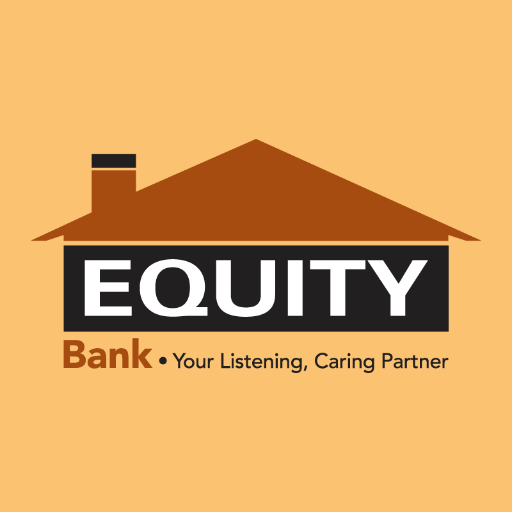
Equity Bank’s differentiated operational model among other business in Africa cited in a new book by Harvard
- Innovate your business model: Fulfilling a societal need for financial inclusion – Dr. James Mwangi
- We see social media as the next channel for banking, so our next big focus is channel innovation – Dr. Mwangi
- Equity’s business model is high volume and low margin; This has reduced cost-to-income ratio to an average of 49 to 50 percent
Equity’s differentiated business model has been cited in the Africa Business Revolution: How to succeed in the world’s next big Growth Market a publication with insights on how 5 African leaders are seeeizing opportunities and overcoming challenges to build successful organizations in—and a brighter future for—the nations of Africa. It is also described as “The Definitive Guide to Doing Business in Africa”
The publication elucidates how Africa offers growth-minded companies exciting opportunities. Its population is young, fast growing, and increasingly urbanized. The rapid adoption of technology, meanwhile, makes the continent a fertile arena for innovation. It also draws on in-depth proprietary research by the McKinsey Global Institute.
According to Dr. James Mwangi, Equity’s best-known innovation, is the agency banking model: Equity Bank has accredited more than 30,000 small retail outlets across the country as bank agents, able to accept deposits, dispense cash, open accounts, apply for payment cards, pay bills like those for power or water, and much more. The model has as a result assisted those 40,000 shopkeepers to professionalize: they’ve become owner–managers, managing a bank for a commission. That in turn has distributed wealth across the country.
Equity’s business model is high volume and low margin. Cost-effectiveness and efficiency are key, and technology plays an important role. Today, Equity Bank has moved beyond Land Rovers and enabled true mobile banking via Equitel mobile-banking application, which we launched in 2015. Today, branches are doing 5,000 transactions a day, agents are doing 300,000 transactions a day, and Equitel is doing 900,000 transactions a day. This has reduced cost-to-income ratio to an average of 49 to 50 percent, down from a high of 60 to 70 percent some years previously.
The bank is already looking ahead at future innovations. Social media is the next channel for banking, so Equity next big focus is channel innovation. Equity is also looking beyond financial services and building a new business in the healthcare space—a network of medical centers called Equity Afia. The inspiration came from charitable foundation, which has awarded some 6,000 university scholarships through paid internships to academically gifted students from across Kenya.
“Social impact is embedded in DNA, and it is what has enabled Equity Bank to scale: today it is the biggest bank, by market capitalization, in East and Central Africa. We see the bank not just as a company but as a movement for socioeconomic transformation. People see themselves as part of that movement,” added Dr. Mwangi.
Key business leaders in the continent dived on to insights on how their business models have made them trailblazers. Also among the key business leaders was Aliko Dangote, president and CEO, Dangote Industries who spoke into; Resilience for the long term: Forging Africa’s Industrial Revolution.
According to him an essential strategy to build a resilient manufacturing business is to diversify as much as possible. There’s no sector that’s permanently healthy—if, today, cement is excellent in Nigeria, it might not be in the next five years—so we’re fully diversified across different products, as well as downstream, midstream, and upstream.
Other leaders included in the publication are, Fred Swaniker, founder, African Leadership University, Graça Machel, chair, Graça Machel Trust and Nadia Fettah, CEO, Saham Finances.





